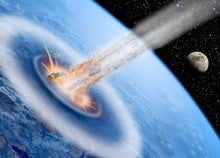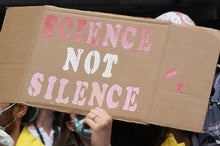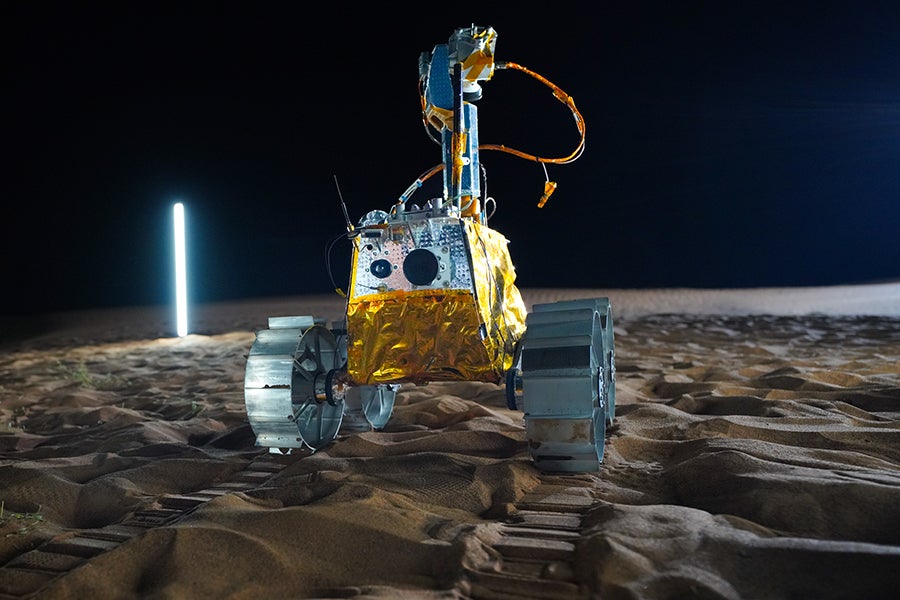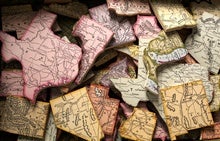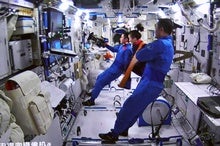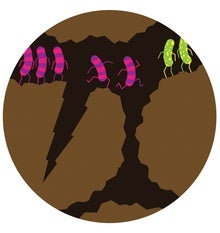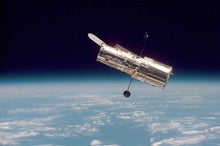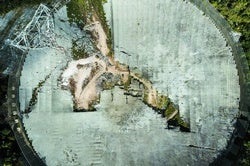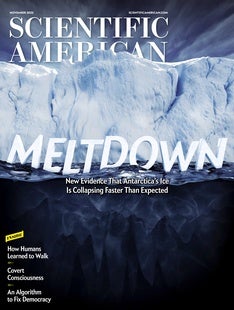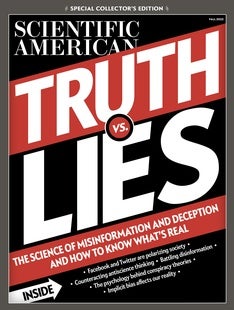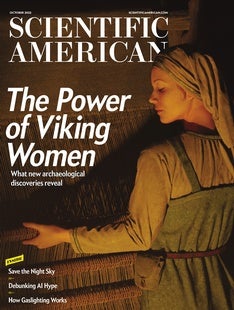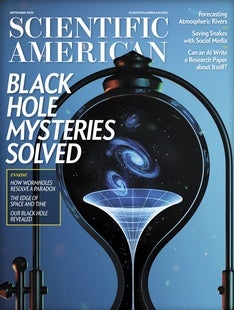 |
| November 10, 2022 |
Dear Reader,
This week, we're questioning the future of astronomy. Our lead story details how one of the field's biggest upcoming projects, the ground-based Vera Rubin Observatory, is struggling to adapt to a night sky increasingly cluttered by swarms of satellites. If, as some forecasts project, hundreds of thousands of satellites soon fill the heavens, the threat to astronomy could be existential. Astronomers are sounding the alarm—but are they too late? Elsewhere, we have stories on the geometry behind gerrymandering, our woeful lack of preparation for asteroid strikes, numerically extracting order from chaos, and more. Enjoy! |
| |
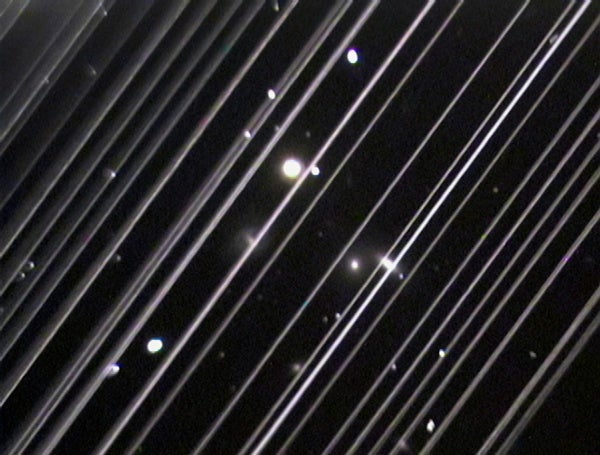 |
| |
| |
| |
| |
| |
| |
| |
| |
| |
| |
FROM THE ARCHIVE
 | | | |
LATEST ISSUES
 |
| |
| Questions? Comments?  | |
| Download the Scientific American App |
| |
| |




